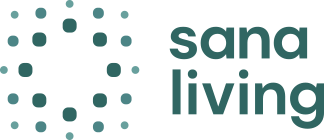If you’ve ever had to apply for funding with the NDIS, or assist someone else with their application, you’ll know it’s not some simple thing you can get done in an afternoon.
In fact, for some people the process can be frustrating, because the process is rather complex and time-consuming. If you haven’t provided adequate information or evidence to the NDIS, there’s a chance your funding might not be approved.
This is particularly the case when it comes to funding for NDIS housing options, which includes Specialist Disability Accommodation (SDA). However – if you have a disability and you’re not truly happy with your living situation, or you’ve been considering a move to disability accommodation of any kind – it begins with a plan.
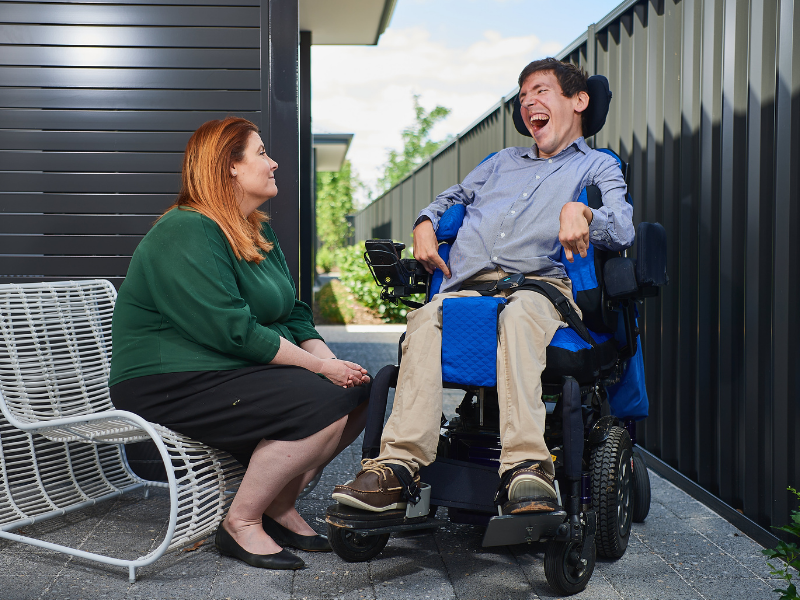
MAKE A PLAN
- Ensure you have a housing goal in your NDIS plan. If you want to live on your own (with the right supports), make sure the NDIS knows this!
- Speak to your Support Coordinator / LAC about exploring suitable NDIS housing options. We’ve outlined some examples below.
- Know that in any housing arrangement you choose, your supports should be able to be designed and funded separately.
- If you are eligible for NDIS SDA funding, apply now to open up your future housing options, even if you don’t have a property in mind yet. It’s like getting a bank approval ready in advance. If you are unsure about your eligibility for SDA, please contact us.
- There may be a number of steps required to find your ultimate home. These steps and the amount of time they take to complete is normal. Make sure the NDIS knows your end goal.
NDIS HOUSING OPTIONS:
There are all kinds of ways in which the NDIS can help participants find disability appropriate housing.
Sana Living specialise in the delivery of premium purpose-built SDA, however there are other options you may want to also consider. We’ve listed some of them here.
- Specialist Disability Accommodation (SDA). If you have an extreme functional impairment or very high support needs and require disability specific design features in your home, you may be eligible for SDA funding from the NDIS. These design features may include wheelchair accessibility, high impact walls, step free or emergency power supplies, or automated doors (to name only a few). SDA properties can take the form of any type of dwelling: apartments, villas, houses, duplexes, and townhouses. They can be either single occupancy, shared or living with family/ friends. Just because a home has been partially modified, this alone does not make it an SDA property.
- Supported Independent Living (SIL) arrangements. Often called SIL houses, usually with this living option, disability support providers or organisations ‘head lease’ a mainstream house, then offer rooming agreements / sub-tenancies to people with a disability in that property. (The property is either owned by the provider or leased). With this type of living arrangement, you must usually share the home with other people with disability and contract the nominated SIL provider’s support services.
- Buy your own property. You can buy a property outright or using shared equity. SDA funding can also support you to buy your own SDA home.
- Flatmates and host arrangements. Often these arrangements will be facilitated by NDIS support funding called ILO (Individualised Living Options)
- Other mainstream housing options include private rentals, public housing, and community housing providers.
- Stay where you are. You may just need some home modifications, assistive technology, or extra support to make it perfect for your needs.
- Short-term, medium-term, and crisis accommodation.
Depending on your choice of options from above, you may be able to use an online vacancy matching platform to help you find the home that suits best in the location you desire. Some of these include the Housing Hub, GoNest, or the SDA Finder app.
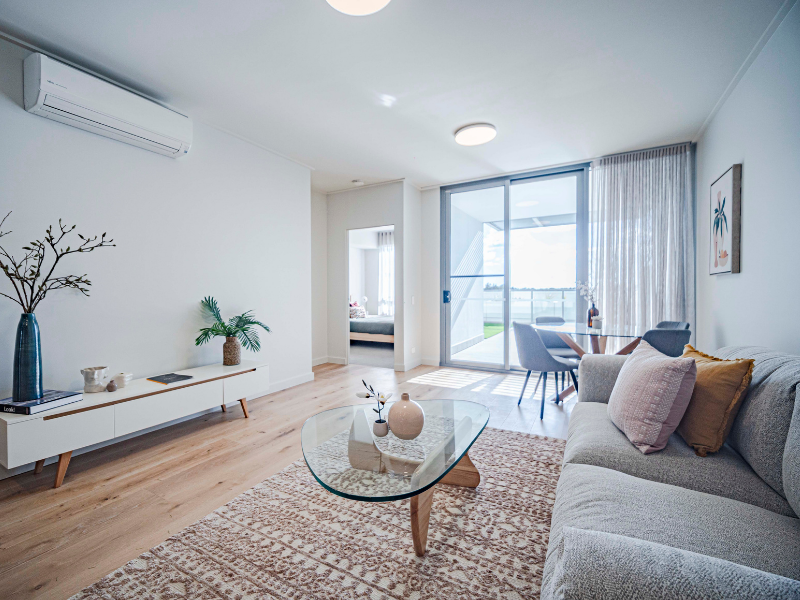
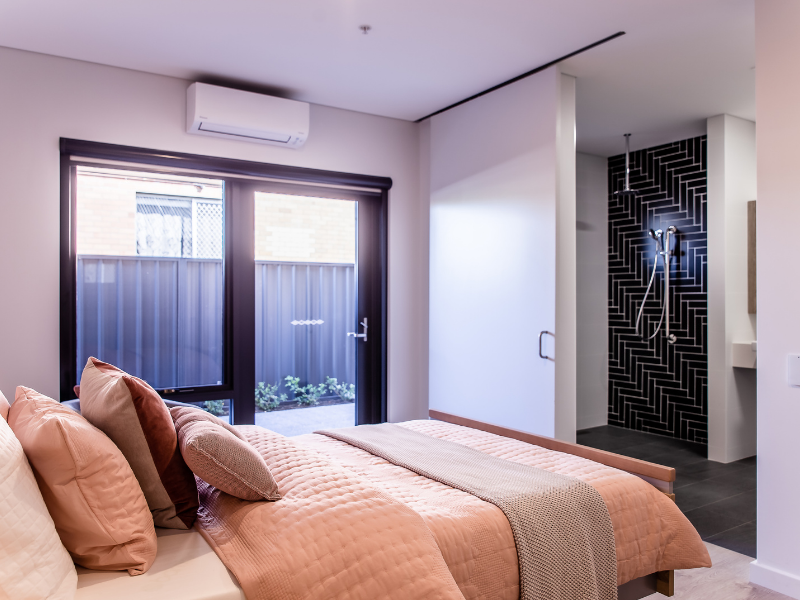
KEY QUESTIONS TO ASK YOUR PROVIDER
If you’ve decided that Specialist Disability Accommodation (SDA) is the option you would like to apply for, there are some important questions you’ll need to ask your choice of provider. Some of those question should include:
- Will I be eligible for SDA funding?
- What design category are your houses built to, and what features do they offer?
- Can I choose where I live and who I live with?
- Do I need to already have SDA funding before I apply?
- Can I use my current care provider?
- If I want to share, how are flatmates selected?
- How much will it cost me?
- Under what circumstances will leases not be renewed?
- What storage is available?
- Are there fire sprinklers?
You may have some other questions specific to you personally. For example, if you have pets, you will need to ask if the Strata Title allows for pets to be in the home.
There are some more questions on our website, however it’s always best to discuss any queries you have with the provider as early in the conversation as possible. This way they can see which of their homes will suit you best.
FUNDING FOR NDIS HOUSING:
Once you’ve established your disability housing preferences, you can begin the funding application process with the NDIS. To do that, it’s important to make sure you have the following in place:
- A housing goal in your NDIS plan.
- Separate to your required therapy budgets, sufficient Capacity Building funds (approx. 20 hours) to have an Allied Health Functional Assessment (specific to SDA) completed to test your eligibility.
- A Housing Exploration report outlining why SDA is more beneficial than other housing types to help you reach your goals, objectives and aspirations.
- A Home and Living Supports Request Form (available online from NDIA website).
- A participant statement to make your explicit housing preferences clear to the NDIA.
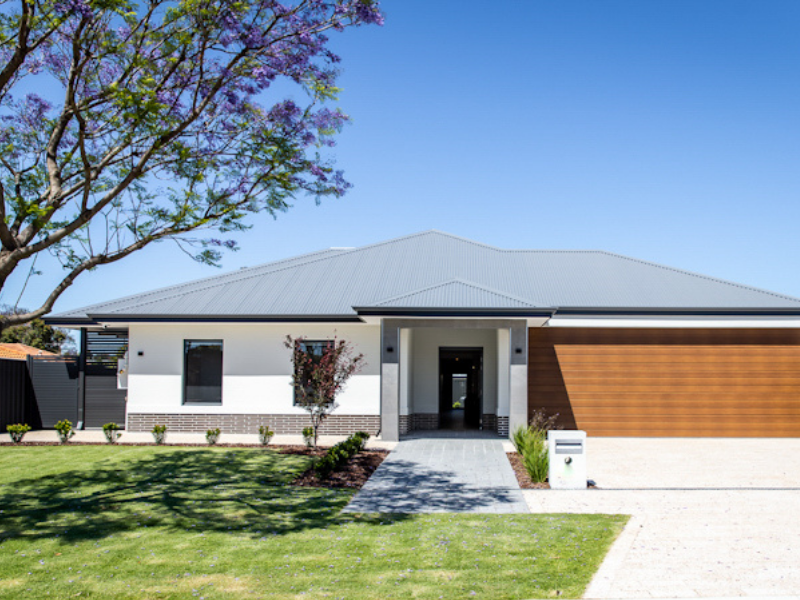 In addition to SDA funding you are eligible for, in most cases SDA tenants will need to contribute an ‘out-of-pocket’ Reasonable Rent Contribution (RRC) from their disposable income to the SDA provider.
In addition to SDA funding you are eligible for, in most cases SDA tenants will need to contribute an ‘out-of-pocket’ Reasonable Rent Contribution (RRC) from their disposable income to the SDA provider.
It is capped at the equivalent of 25% of the maximum base rate of DSP plus 100% of the Commonwealth Rental Assistance (if the person is eligible for this allowance). This is paid by the individual to the SDA provider and is ADDITIONAL to the SDA payments approved in their NDIS Plan.
The idea of a reasonable rent contribution is to make rental contributions affordable for people with disability, in line with other social and affordable housing options. Yes, like anyone else, you’ll need to budget for rent from your income.
The SDA payment approved in someone’s plan is not considered ‘rent’ but an incentive to encourage more SDA providers – like Sana Living – to desgin and build quality, highly specialised Disability Housing that offers comfort and luxury. Rent is not considered a disability related expense, however a home where you can feel safe and have control and independence is something every person deserves. The NDIS SDA funding is to cover the cost of the design, build and decor of the premium home.
If you would like more information or need help – call us or get in touch via our website. We can help.
